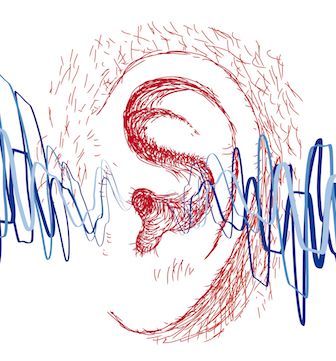FDA Approves Telehealth Adjustment for Cochlear Implants
Licensed audiologists can now remotely adjust the devices, reducing the need for in-person adjustments.

The FDA today approved the first telehealth solution for remote adjustment of a cochlear implant.
The approval applies to the Nucleus Cochlear Implant System, manufactured by Cochlear Americas. The implants, which stimulate the inner ear to improve audio sensitivity, often require regular programming. Today's decision will allow a licensed audiologist to remotely adjust the device in a patient’s ear based on input they provide, reducing the need for in-person adjustments.
“Being able to have a qualified audiologist program the device via telemedicine from a remote location can greatly reduce the burden to patients and their families, especially those who must travel great distances or need frequent adjustments,” Malvina Eydelman, MD, of the FDA’s Division of Ophthalmic, and Ear, Nose and Throat Devices said in a statement.
The FDA based its approval off of a clinical study that included 39 patients aged 12 or older who had a cochlear implant at least 1 year prior. Patients underwent 1 in-person and 2 remote programming sessions, each 2 months apart with a follow-up at 1 month. The study found no significant difference in patient speech perception and self-assessment outcomes following in-person and remote sessions.
The ability to self-assess hearing is essential to tuning the devices, and the telehealth programming feature is indicated only for patients who have had the cochlear implant for 6 months or more.
The FDA also evaluated the cybersecurity of the remote adjustment sessions. The agency’s official statement gave no additional details, but it found no flaws that would prevent approval.
Podcast: Adoption of Healthcare Tech in the Age of COVID-19 with Dr Kaveh Safavi
June 22nd 2021Kaveh Safavi, MD, JD, global health lead of Accenture Health, discusses how the pandemic influenced the speed at which healthcare organizations adopted new technologies and how this adoption is impacting patient care.